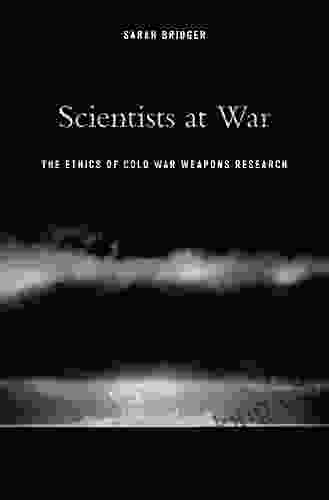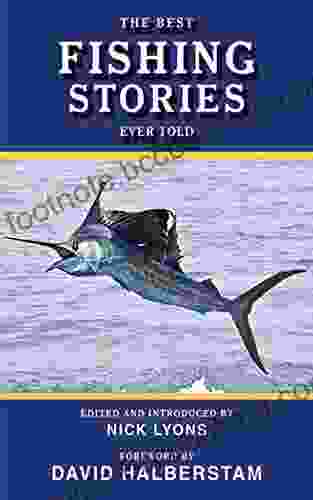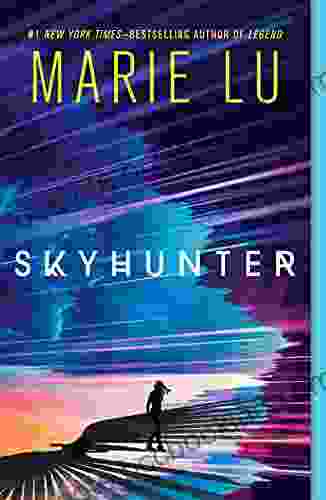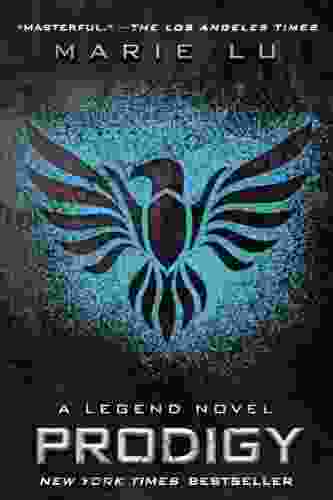The Ethics of Cold War Weapons Research: Uncovering the Moral Dilemmas of Nuclear War

4.9 out of 5
| Language | : | English |
| File size | : | 1325 KB |
| Text-to-Speech | : | Enabled |
| Enhanced typesetting | : | Enabled |
| Word Wise | : | Enabled |
| Print length | : | 363 pages |
| Screen Reader | : | Supported |
During the tense and perilous Cold War, the world stood on a precipice of nuclear annihilation. Scientists and researchers toiled tirelessly to develop ever more destructive weapons, driven by the fear of being outmatched by their adversaries. Yet, amidst the technological advancements, a profound ethical crisis loomed: the responsibility to confront the moral consequences of their creations.
This article will delve into the intricate ethical dilemmas that plagued Cold War weapons research. We will examine the motivations, justifications, and rationalizations employed by scientists and policymakers, exploring the complex interplay between scientific progress, national security, and human values.
The Moral Responsibility of Scientists
Scientists involved in weapons research found themselves grappling with a profound moral dilemma. On one hand, they were obligated to pursue scientific knowledge and technological breakthroughs. On the other hand, they could not ignore the potential for their discoveries to be used for destructive purposes.
Some scientists, such as Albert Einstein and Linus Pauling, spoke out against the development and use of nuclear weapons. They argued that the moral responsibility to prevent human suffering outweighed any potential benefits of nuclear deterrence.
Others, like Edward Teller, argued that nuclear weapons were necessary to maintain peace by deterring aggression. They believed that the threat of nuclear retaliation would prevent any nation from launching an attack.
The Ethics of Nuclear Deterrence
The concept of nuclear deterrence was central to Cold War strategy. The superpowers maintained a policy of Mutually Assured Destruction (MAD),in which both sides threatened to unleash a devastating nuclear attack if attacked.
This strategy raised a number of ethical questions. Critics argued that MAD was immoral because it threatened to destroy civilian populations and the environment. They also questioned the effectiveness of deterrence, arguing that it could lead to nuclear war through miscalculation or accident.
Supporters of nuclear deterrence maintained that it was the only way to prevent a nuclear attack. They argued that the threat of retaliation would keep both sides from initiating hostilities.
The Arms Race and the Responsibility to Future Generations
The Cold War arms race spiraled out of control, with both the United States and the Soviet Union developing increasingly powerful and destructive weapons. This raised concerns about the long-term consequences for humanity.
Some scientists and policymakers argued that the arms race was unsustainable and posed a grave threat to the future of civilization. They called for a ban on nuclear weapons and other weapons of mass destruction.
Others argued that the arms race was necessary to maintain a balance of power. They believed that if one side gained a significant advantage, it could be tempted to use its power to achieve its goals.
The ethical dilemmas surrounding Cold War weapons research remain relevant today. The threat of nuclear war may have diminished, but the potential for devastating conflict still exists. Scientists and policymakers must continue to grapple with the moral responsibilities inherent in their work and strive to find ways to ensure that scientific progress is used for the benefit of humanity.
By understanding the ethical challenges faced by scientists and policymakers during the Cold War, we can better appreciate the complexities of nuclear weapons research and the need for continued dialogue on the ethics of warfare.
4.9 out of 5
| Language | : | English |
| File size | : | 1325 KB |
| Text-to-Speech | : | Enabled |
| Enhanced typesetting | : | Enabled |
| Word Wise | : | Enabled |
| Print length | : | 363 pages |
| Screen Reader | : | Supported |
Do you want to contribute by writing guest posts on this blog?
Please contact us and send us a resume of previous articles that you have written.
 Book
Book Novel
Novel Page
Page Chapter
Chapter Text
Text Story
Story Genre
Genre Reader
Reader Library
Library Paperback
Paperback E-book
E-book Magazine
Magazine Newspaper
Newspaper Paragraph
Paragraph Sentence
Sentence Bookmark
Bookmark Shelf
Shelf Glossary
Glossary Bibliography
Bibliography Foreword
Foreword Preface
Preface Synopsis
Synopsis Annotation
Annotation Footnote
Footnote Manuscript
Manuscript Scroll
Scroll Codex
Codex Tome
Tome Bestseller
Bestseller Classics
Classics Library card
Library card Narrative
Narrative Biography
Biography Autobiography
Autobiography Memoir
Memoir Reference
Reference Encyclopedia
Encyclopedia Florence Witkop
Florence Witkop Jo Marchant
Jo Marchant Jim Reeves
Jim Reeves Sarah Bond
Sarah Bond Founding Fathers
Founding Fathers Francine Jay
Francine Jay Lisa Scottoline
Lisa Scottoline Frank J Fabozzi
Frank J Fabozzi Quick Guide
Quick Guide Steve Leonard
Steve Leonard Jane Sullivan
Jane Sullivan Michelle Holder
Michelle Holder Nancy Bardacke
Nancy Bardacke Roberta Fredericks
Roberta Fredericks Steven Haines
Steven Haines Stephen Walker
Stephen Walker William L Briggs
William L Briggs Jennifer Melville
Jennifer Melville Frances Fuller
Frances Fuller Frank Hering
Frank Hering
Light bulbAdvertise smarter! Our strategic ad space ensures maximum exposure. Reserve your spot today!
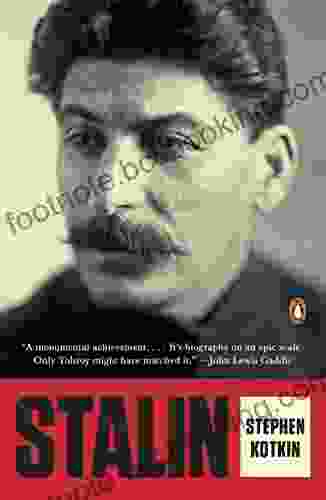
 Billy PetersonStalin: Paradoxes of Power, 1878-1928: An Extraordinary Examination of the...
Billy PetersonStalin: Paradoxes of Power, 1878-1928: An Extraordinary Examination of the...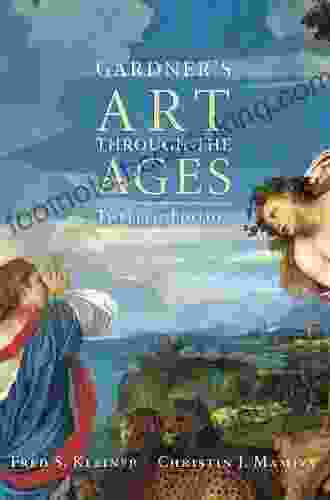
 Herman MelvilleImmerse Yourself in the Timeless Masterpiece: Gardner's Art Through the Ages
Herman MelvilleImmerse Yourself in the Timeless Masterpiece: Gardner's Art Through the Ages Al FosterFollow ·11.1k
Al FosterFollow ·11.1k Jacob FosterFollow ·3.2k
Jacob FosterFollow ·3.2k W.H. AudenFollow ·3.4k
W.H. AudenFollow ·3.4k Jerry WardFollow ·6.1k
Jerry WardFollow ·6.1k Jayson PowellFollow ·7.9k
Jayson PowellFollow ·7.9k Brett SimmonsFollow ·13.8k
Brett SimmonsFollow ·13.8k Jason ReedFollow ·8.3k
Jason ReedFollow ·8.3k Jonathan FranzenFollow ·11.2k
Jonathan FranzenFollow ·11.2k
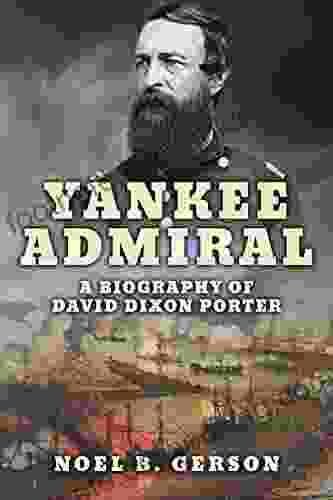
 Howard Blair
Howard BlairHeroes and Villains from American History: The Biography...
David Dixon...

 Felipe Blair
Felipe BlairAn Informal History of the 1920s: Uncovering the Roaring...
The 1920s, an era...

 Howard Blair
Howard BlairHow a Peculiar Victorian Zookeeper Waged a Lonely Crusade...
In the enigmatic world of Victorian...
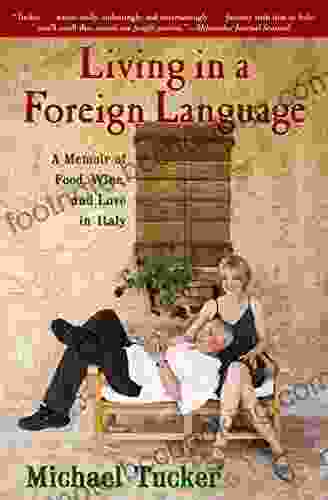
 Harold Powell
Harold PowellMemoir of Food, Wine, and Love in Italy: A Culinary...
Prepare your senses...
4.9 out of 5
| Language | : | English |
| File size | : | 1325 KB |
| Text-to-Speech | : | Enabled |
| Enhanced typesetting | : | Enabled |
| Word Wise | : | Enabled |
| Print length | : | 363 pages |
| Screen Reader | : | Supported |


